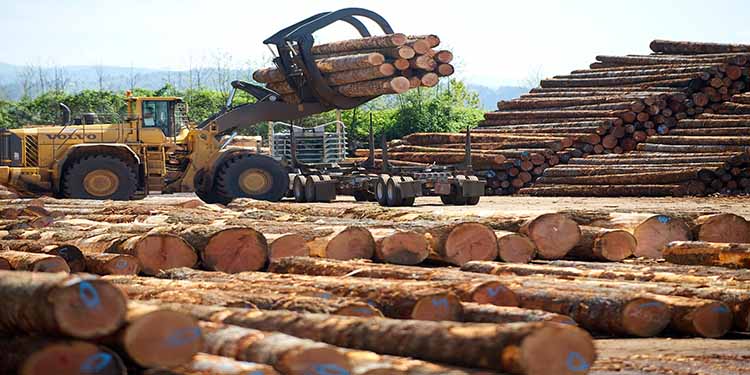
In order to support the growth of the wood industry and the nation’s goal of planting 30 million tree seedlings in the fiscal year 2022–2023, the Rwanda Forestry Authority (RFA) has chosen five tree species with high economic potential.
Pinus spp., Eucalyptus spp., Podocarpus falcatus (Umufu), Cedrela odorata, and Entandrophragma excelsum are among the chosen tree species (Umuyove also known as Libuyu). According to the forestry administration, Libuyu, also known as Umuyove, was chosen because it is the only premium timber that grows naturally in Rwanda and is highly prized on the local timber market.
According to representatives of the forestry authority, choosing the most economically advantageous tree species also took into account factors including the species’ profitability, adaptability, and potential productivity, as well as the market worth of its wood products.
If properly maintained, researchers predict that forest plantations with some of the chosen tree species can produce more than five times the current mean annual increments in Rwandan forests. As said, additional species with relatively high economic potential, such as Markhamia lutea (Umusave), might also be promoted and made available to landowners interested in growing timber.
The Rwanda Forestry Authority’s interim director general, Spridio Nshimiyimana, stated that woodlots and agroforestry trees are among the necessary tree species.
According to him, ‘among the 30 million tree seedlings that will be planted are Pinus, Eucalyptus, Podocarpus, Cedrela, and other species that are in high demand on the market.’
Four species—Eucalyptus, Pinus, Grevillea, and Cypress—make up around 95% of the sawn wood available locally.
A recent survey found that more than 75,000 people, largely in rural areas, currently make their living from the timber industry.
It is thought that the wood sector has the ability to produce significant off-farm jobs and to strengthen the economy if properly planned and supported.
The survey of Rwanda’s timber value chain conducted by the Center for International Forestry Research (CIFOR) revealed that the wood industry employs a sizable number of people.
It is estimated that there are around 1,100 producers and 1,000 traders upstream of the industry.
A total of 10,000 temporary jobs and 6,600 permanent jobs are created by the production sector.
The study also calculated that the country’s annual sawn wood production would be between 275,000 and 300,000 cubic metres, or about Rwf59 and Rwf64 billion.
